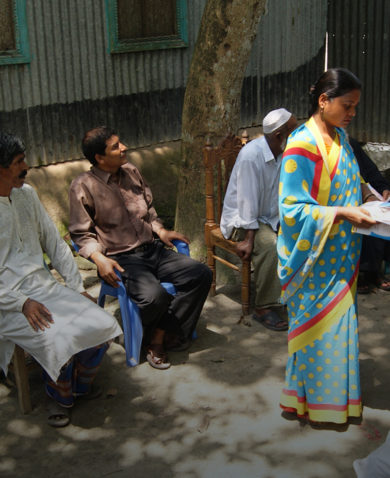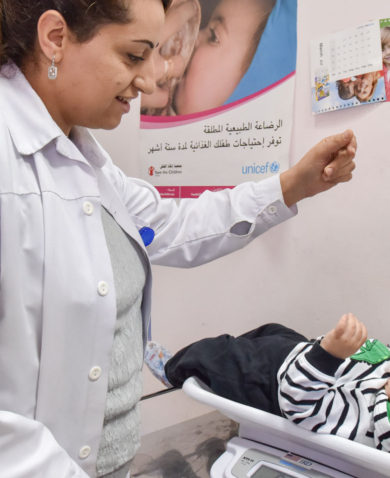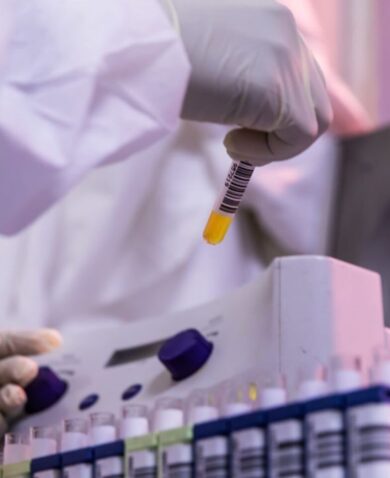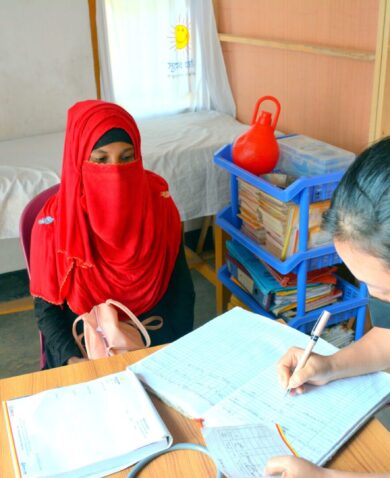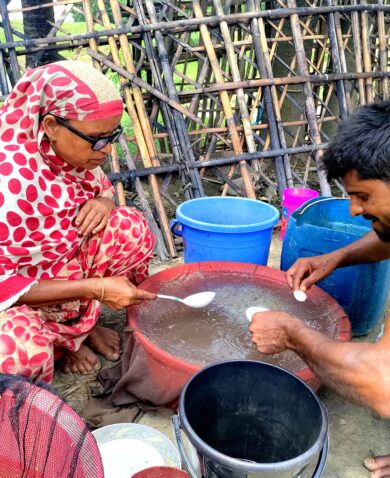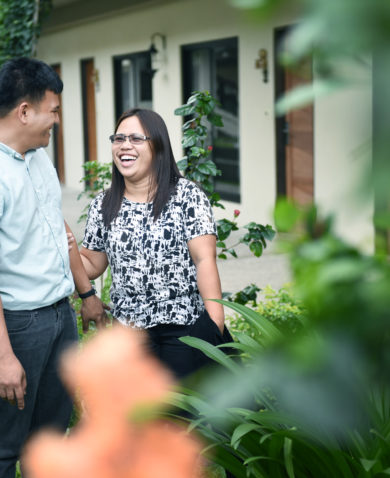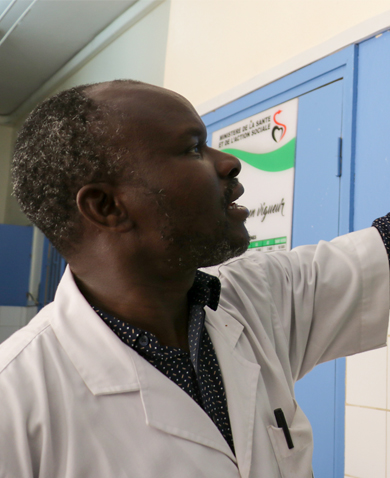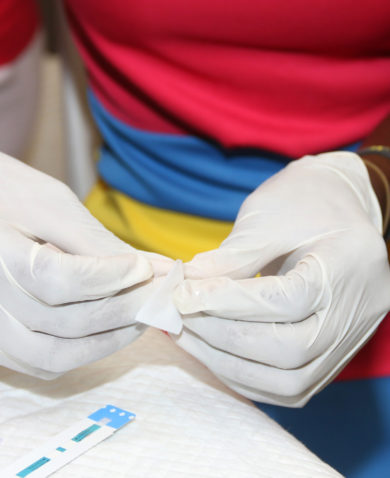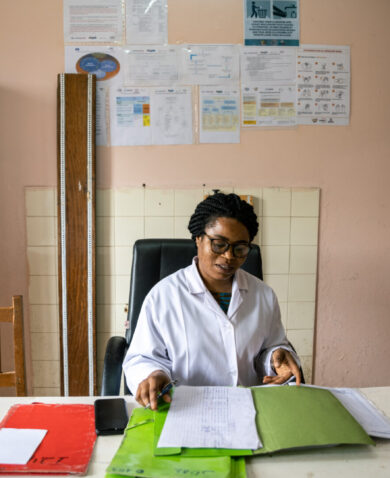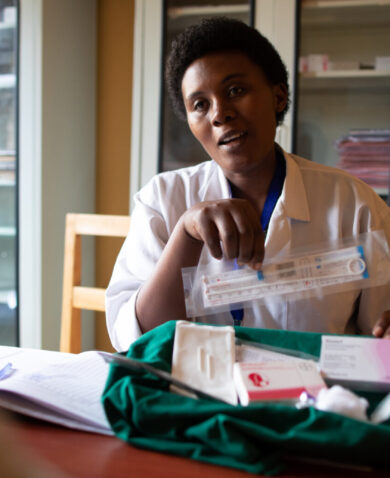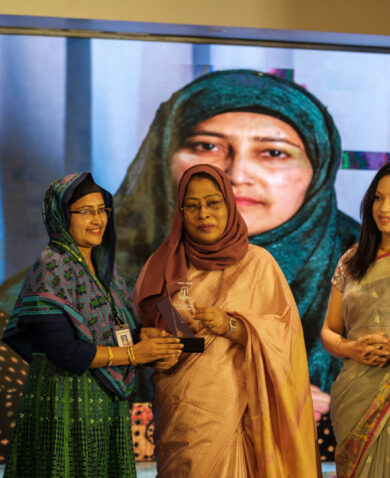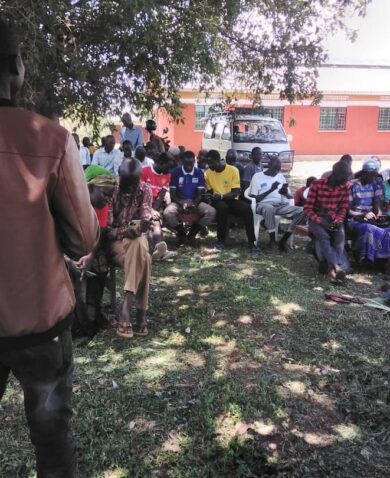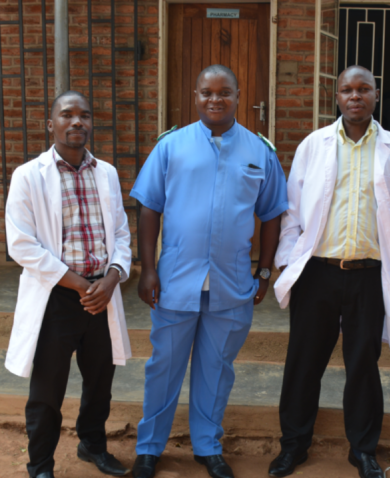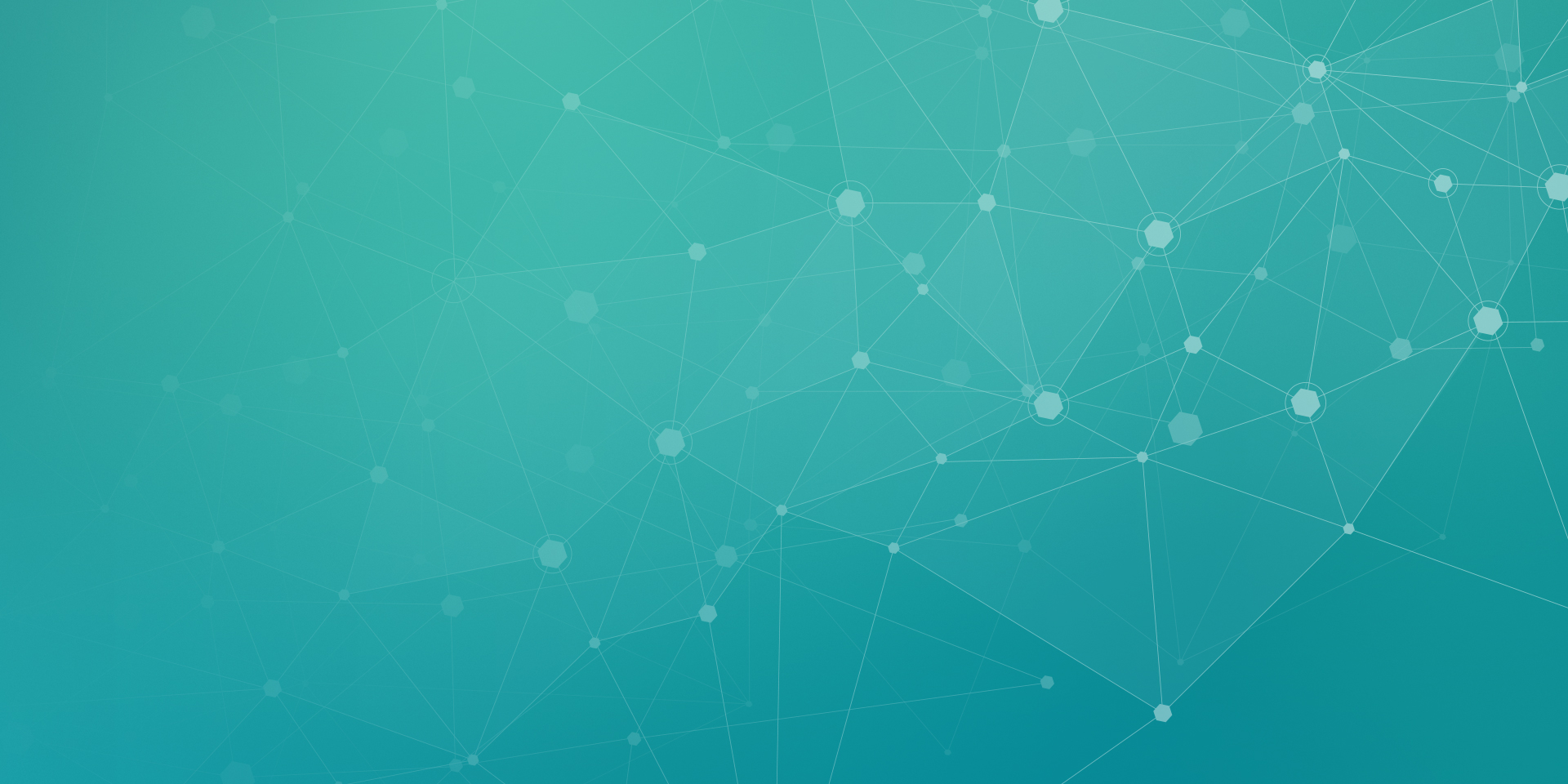
Chemonics News
News: USAID Awards “Digis” to Two Projects Implemented by Chemonics
October 22, 2020 | 2 Minute ReadUSAID awards recognize the Human Resources for Health in 2030 program and the Pakistan Small and Medium Enterprise Activity for using technology to “sustain open, secure, and inclusive digital ecosystems and improve measurable development and humanitarian-assistance outcomes on a large scale.”
The USAID Awards for Digital Development (“the Digis”) recognize projects and activities that apply digital technologies and data-driven approaches to meet development objectives. In 2020, projects implemented by Chemonics earned two of the five Digis USAID awarded from a pool of 140 applications.
Among this year’s winners, the Pakistan Small and Medium Enterprise Activity (SMEA) was recognized for its efforts to address structural inequalities faced by small- and medium-sized enterprises (SMEs) in the digital ecosystem. To do so, SMEA uses a three-pronged approach that incentivizes innovative technology solutions under the Challenge Fund innovation grants program, helps SMEs harness digital potential through a network of business-development service providers, and supports regulatory reforms that empower technology-enabled SMEs, especially through financial technology.
Through the Challenge Fund, SMEA supports the creation and diffusion of sustainable and scalable business solutions to sector-specific competitiveness challenges, as identified by ecosystem actors such as associations, industry experts, large firms, and SMEs. SMEA then invites enterprises to design digital solutions through nationwide co-creation workshops and provides mentorship and business-plan advice before firms finalize grant applications. Innovations facilitated through Challenge Fund grants make SMEs more competitive and increase jobs, sales, exports, and adoption of new technologies.
USAID also awarded a Digi to the Human Resources for Health in 2030 (HRH2030) program for its work to strengthen the human resources for health information system in Indonesia. By building a connected ecosystem of health workforce data for Indonesia’s expansive health system, HRH2030 and its partners’ efforts will ease access to quality data for strategic use, including policy development for the alleviation of health workforce challenges.
To achieve its objectives, HRH2030 worked with Indonesia’s Ministry of Health to develop an interoperability architecture and a business-intelligence platform. Integrating data from across the health labor market, this platform leverages open-source systems such as Open Health Information Mediator to support data exchange, and DHIS2 to serve as a data warehouse for aggregate health workforce information. HRH2030 then collaborated with stakeholders at the Ministry of Health to develop a governance structure for coordination, data and metadata standardization, and sharing. HRH2030 ensured sustainability by building the ministry’s capacity to expand and maintain the data warehouse, develop interoperability architecture, manage the business-intelligence platform, and carry out analysis and data visualization.
“We’re excited to receive two Digi awards this year and grateful for the opportunity to highlight some of the innovative work our teams are doing around the world every day,” said Chemonics’ President and CEO Jamey Butcher. “The Digi awardees in this, as in past years, are all innovators translating cutting edge technology into complex environments at scale. We’re inspired by all of the awardees and their example of the power that digital solutions offer to effect systemic change in Indonesia, Pakistan, and beyond.”
Chemonics-implemented projects have won Digis for three consecutive years. Previous winners have included projects in the Philippines, Uganda, and Moldova.















